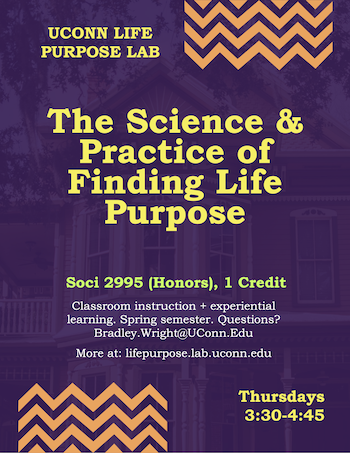Each of these courses carry the pre-requisite of first-year writing (ENGL 1007, 1010, 1011, or 2011).
ENGL 1103-Z82: Renaissance and Modern Western Literature
[UConn Stamford]
Instructor: Frederick Roden
What is the “modern”? Do we date that period to the “Renaissance” (literally the re-birth, of ancient “classical” learning), now called the “Early Modern period,” to the “renaissance of the twelfth century,” or to Modernity in art, music, and literature (the dawn of the 20th century)? In this course on literary history organized chronologically, we will examine representative texts of western literature (European and American, and their diasporas) to pose this question in doing the work of cultural studies. What constructed the “modern” world, and modern sensibilities/subjectivities of the individual? We will pay close attention to identities: gender, sexuality, race, religion, ethnicity, nationality, ableness and otherness, to name a few. Even as we read “canonical” writers at the center of western civilization, we will also interrogate margins.
Class time will focus on group discussion of the material studied for the given day. Each meeting will begin with a timed quiz that you will submit by the instructor’s deadline to “warm up.” You will develop two formal papers plus a brief response essay to an art, music, or drama field trip (substitution possible as necessary). You will write an in-class, cumulative final essay exam that will allow open-book and notebook access. We will read from an anthology of literature as our primary source. You must obtain a hard copy of the required course text in the given edition and have it available for reference during class time for page consultation, to follow discussion, and to maintain class participation. Any Center for Students with Disabilities accommodations must be documented and will impact course requirements accordingly.
The Honors section of this course will meet simultaneously with the standard version, whose description is above. In addition, Honors students will take part in six seminar meetings (one hour each) with the instructor at a mutually convenient time, to be determined. Honors students will read additional works of history and criticism and will deliver presentations on them in the seminar. Essays developed from this material may substitute for regular course papers.
CA 1.
ENGL 2701-004: Creative Writing I
[UConn Storrs]
Instructor: Sean Forbes
Finding Your Artistic Voice Through Creative Writing Prompts
In this introduction to creative writing class, we will examine the different approaches that a writer can take when trying to establish a speaker in a poem or short story. The first half of the course will be dedicated to writing narrative poetry and for the second half we will focus on short and long form fiction stories. We will look at exemplary works of poetry and fiction from writers like David Dominguez, Allison Joseph, Richard Blanco, and fiction stories from One Story and One Teen Story, print literary journals that publish only one story per month. Students will produce a final portfolio of their original work. Class participation is an essential component to this largely workshop-based course along with weekly writing prompts such as writing in iambic pentameter and challenging in class writing prose sketches.
